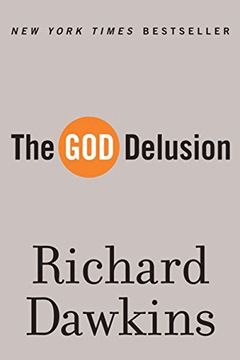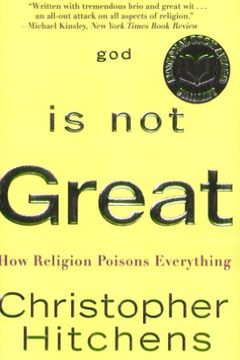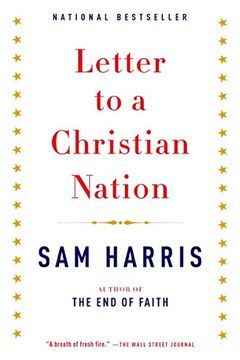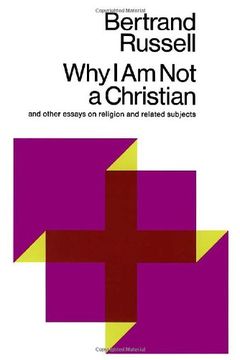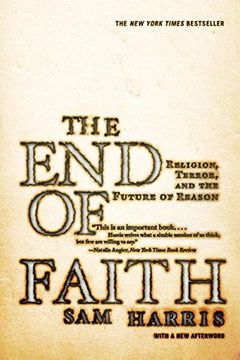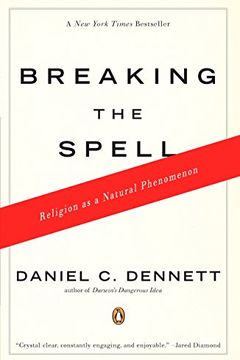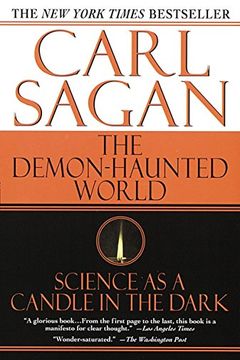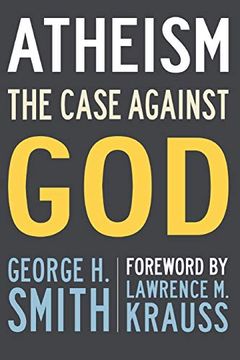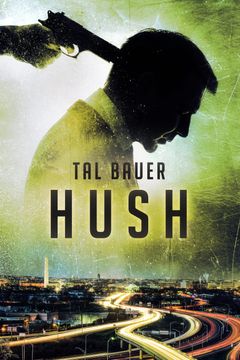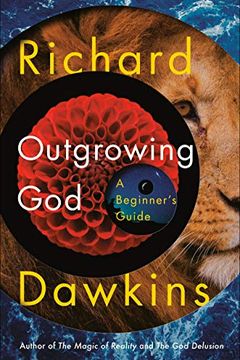Best Books On Atheism
Delve into the compelling world of non-belief with these authoritative and thought-provoking books on atheism, gathering the most recommended titles by secular scholars and critics that explore atheism from various angles.
31 books on the list
Sort by
Number of Articles
Layout
A renowned scientist and outspoken atheist presents a powerful argument against religious belief in a humorous and hard-hitting manner. With wit and rigor, the author dismantles arguments for the existence of a supreme being and highlights the potential dangers of faith. This thought-provoking read challenges readers to examine their beliefs and think critically.
Featured in 11 articles
This manifesto explores the role of religion in our lives, providing a thought-provoking critique of major religious texts. The author argues that religion is a man-made wish, causing dangerous repression and distortion, and advocates for a more secular life based on science and reason. An eloquent and powerful read for believers, atheists, and those uncertain about religion's impact. A must-read for anyone seeking a thought-provoking critique of religion.
Featured in 7 articles
Recommended by
Sam HarrisA thought-provoking and rational exposé on fundamentalist Christianity, Letter to a Christian Nation challenges the influence of faith on public life. Sam Harris offers a measured refutation of core Christian beliefs and addresses current topics such as intelligent design, stem-cell research, and religion's connection to violence. A must-read for those interested in the intersection of religion and society.
Featured in 5 articles
This collection of essays tackles the big questions that religion also addresses: man's place in the universe, morality, freedom, education, and sexual ethics. Bertrand Russell approaches these questions with courage, scrupulous logic, and lofty wisdom. He presents a graceful and moving position on freethinking, making this book a challenging yet invigorating read for anyone looking to challenge their beliefs. The book also includes an Appendix with a full account of the controversial "Bertrand Russell Case" of 1940.
Featured in 5 articles
This book analyzes the conflict between reason and religion in the modern world, exploring our willingness to prioritize religious beliefs even when they lead to human atrocities. Sam Harris warns against organized religion's encroachment into world politics, and calls for a secular and humanistic approach to ethics and spirituality.
Featured in 5 articles
Recommended by
Andrew WeilBreaking the Spell by Daniel C. Dennett is a thought-provoking exploration of the controversial topic of religion's impact on our lives and our future. Dennett asks why we believe in God and delves into the role that belief plays in our lives, our interactions, and our country. With a spirited narrative that ranges through history, philosophy, and psychology, Dennett argues that it's time to shed the light of science on the fundamental questions of faith. This eye-opening book is not an antireligious screed, but rather a timely and insightful exploration of the relationship between divinity and human need that will be read and debated by believers and non-believers alike.
Featured in 4 articles
Exploring the importance of scientific thinking in our technology-driven world, this Pulitzer Prize-winning book by acclaimed astronomer Carl Sagan dismantles the myths of pseudoscience and highlights its threat to our democracy. Using examples from history and contemporary culture, Sagan debunks popular fallacies like witchcraft and demon possession, while warning against the growing allure of conspiracy theories and unreason that threaten our fundamental freedoms. A must-read for anyone seeking to make informed decisions in a world awash with misinformation.
Featured in 3 articles
In this classic treatise, George H. Smith deconstructs the concept of a supreme being and refutes the "proofs" offered by theologians and laymen alike. He delves into the historical and psychological damage caused by religion and argues that it has no place in rational modern life. Smith's purpose is not to convert people to atheism, but to demonstrate that belief in a god is absurd and irrational beyond reason.
Featured in 3 articles
A federal judge seeks redemption and love while a U.S. marshal tries to escape his troubled past. But when a terrorist attack and subsequent trial threaten to expose America's dark secrets, they become intertwined in a race against time. As tensions between Russia and the United States escalate, only one man may hold the key to preventing a devastating war. Get ready for a gripping courtroom drama filled with secrets, lies, and a fight for justice.
Featured in 2 articles
Outgrowing God is a thought-provoking exploration of the role of religion and God in our lives. Written by renowned science writer Richard Dawkins, this accessible book provides a concise and compelling argument against the existence of a creator God. Dawkins draws on science, philosophy, and comparative religion to challenge the hypocrisies of all religions, with a focus on the Old and New Testament. This primer is the perfect read for anyone questioning their beliefs or looking to expand their rhetorical arsenal.
Featured in 2 articles
The Portable Atheist by Christopher Hitchens
On the Historicity of Jesus by Richard Carrier
Five Proofs of the Existence of God by Edward Feser
The Belief Book by David G McAfee
Christianity Is Not Great by John W. Loftus
The Born Again Skeptic's Guide To The Bible by Ruth Hurmence Green
Hades Proper by Sean Rainwater
The End of Christianity by John W. Loftus
The Christian Delusion by John W. Loftus
Atheism Advanced by David Eller
Sense and Goodness Without God by Richard Carrier
Pure by Jo Perry
The Cambridge Companion to Atheism by Michael Martin
Godless by Dan Barker
Why I Became an Atheist by John W. Loftus
Seven Types Of Atheism by John Gray
God by Victor J. Stenger
How to Defend the Christian Faith by John W. Loftus
Beautiful Revolutionary by Laura Elizabeth Woollett
The Impossibility of God by Michael Martin
Why There Almost Certainly Is a God by Keith Ward
